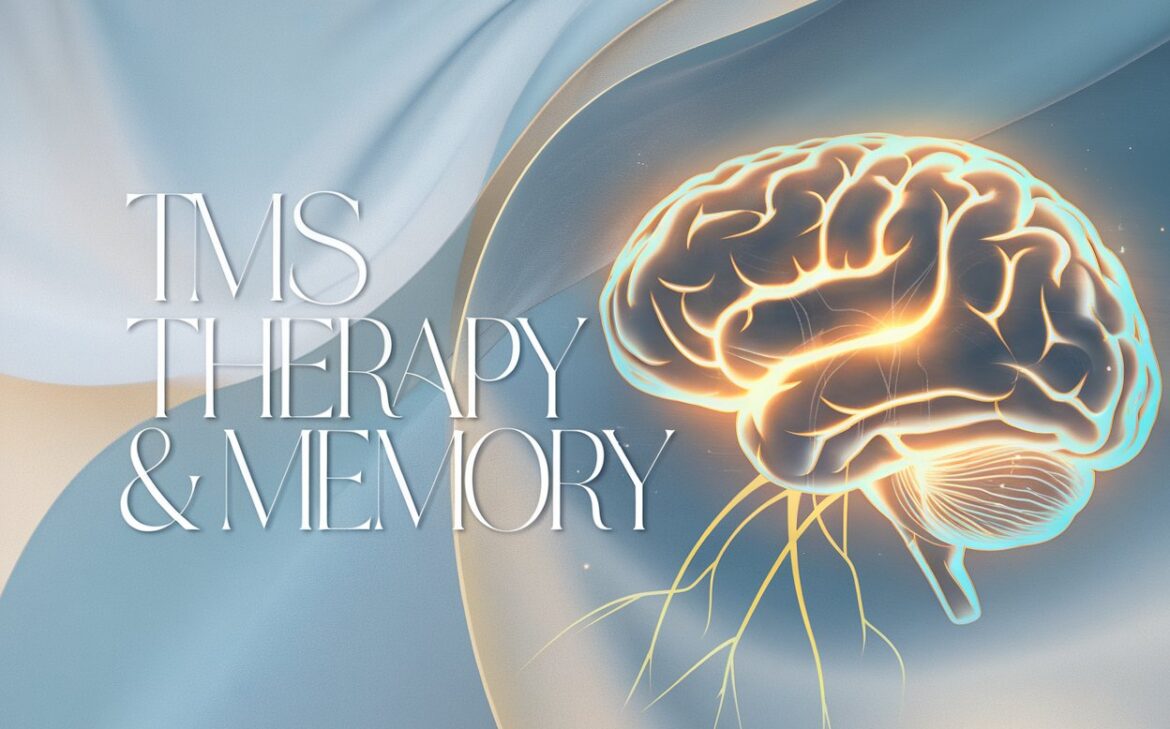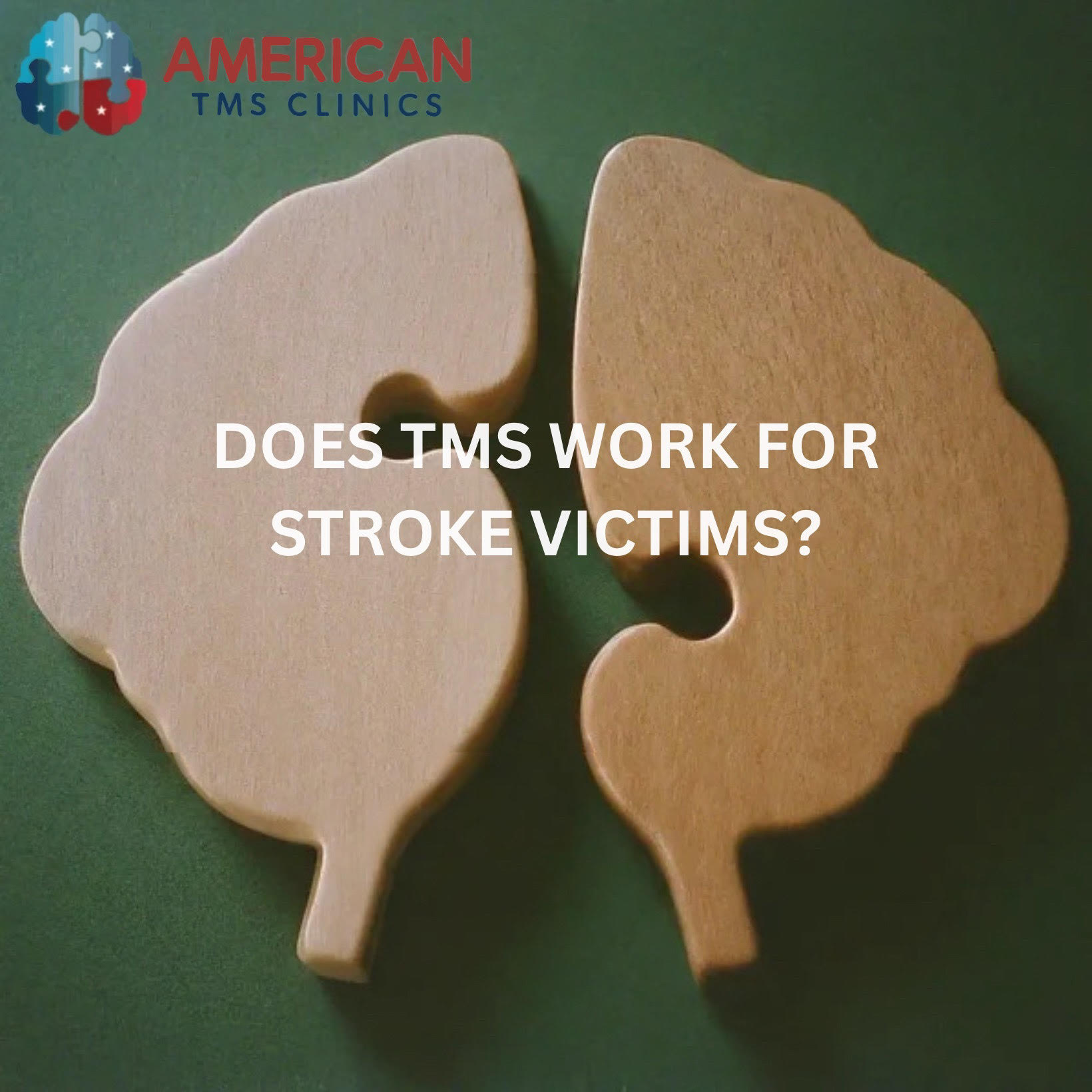If you’re considering Transcranial Magnetic Stimulation (TMS) therapy, you may be wondering, can TMS therapy cause memory loss? The short answer is no. TMS therapy is a safe and non-surgical treatment that can help with many mental health issues, especially when other treatments haven’t worked. Many people worry about memory loss. Let’s look at why TMS therapy doesn’t lead to memory loss and what you can expect from the treatment.
Understanding TMS Therapy?
TMS therapy uses magnetic pulses to target certain parts of the brain that help control mood. It’s mainly for patients who haven’t improved with depression medications. Different from treatments like electroconvulsive therapy (ECT), TMS doesn’t need anesthesia, so you can stay awake during the procedure. Sessions usually take place five days a week for a few weeks, and each one lasts around 30 to 60 minutes.
TMS therapy is safe, pain-free, and has fewer side effects than other depression treatments, which makes it a popular option for many people.
Does TMS Therapy Cause Memory Loss?
Can TMS therapy lead to memory loss? No, TMS therapy does not cause memory loss. In fact, some studies suggest that TMS may even improve cognitive functions like memory.
1. TMS vs. Electroconvulsive Therapy (ECT)
People often mix up TMS with electroconvulsive therapy (ECT), raising worries about memory loss. Unlike ECT, which uses electrical currents and can impact memory, TMS uses magnetic pulses to focus on specific parts of the brain. Magnetic stimulation does not interfere with memory or thinking skills.
On the other hand, ECT may cause some patients to experience moderate to severe memory loss. This is one reason why TMS is seen as a safer choice for treating depression, as it does not cause unwanted effects on memory.
2. The Effects of TMS on Memory
Research has shown that TMS can help improve memory in some situations. A study from 2011 showed that TMS helps grow new brain cells in the hippocampus, which is the part of the brain that helps with memory. The growth of brain cells might lead to a better mood and improved memory.
Other studies suggest that TMS might improve different kinds of memory, like working memory and episodic memory. A 2016 study found that people who received TMS treatment remembered things better than those who didn’t get the treatment.
How TMS Therapy Works Without Affecting Memory
TMS therapy helps improve mood by using magnetic pulses to stimulate parts of the brain that are not working well. This targeted stimulation does not interfere with the areas of the brain that handle memory and thinking. Here’s how it works:
- Targeted Magnetic Pulses: Magnetic pulses used in TMS stimulate particular neurons without having an impact on the brain as a whole.
- Noninvasive Nature: Unlike surgical treatments or other invasive methods, TMS doesn’t alter brain structures in a way that could cause memory loss.
- No Anesthesia Required: Since you remain awake, there are no risks related to the use of anesthesia, which can sometimes affect memory in other procedures.
Potential Side Effects of TMS Therapy
TMS therapy is generally safe for most people, but it can have some side effects. These include mild headaches, discomfort on the scalp, and feeling dizzy. These side effects are usually short-lived and go away after the first few sessions.
It’s important to highlight that memory loss is not one of these side effects. TMS therapy has been tested in many clinical trials to ensure it is safe and effective, and there is no proof that it harms memory or thinking abilities.
Benefits of TMS Therapy for Memory and Cognition
TMS does not lead to memory loss; in fact, it may help improve memory and thinking skills. Here are some possible advantages:
- Enhanced Memory: Studies have shown that TMS can improve memory recall in both healthy individuals and those suffering from depression.
- Improved Concentration: Many patients report better focus and concentration following TMS therapy, which is closely related to cognitive performance.
- Increased Neurogenesis: By promoting the growth of new brain cells, TMS helps improve overall brain health, which can have a positive impact on memory.
Common Myths About TMS and Memory Loss
1. Is TMS Therapy Similar to ECT?
No, TMS and ECT are not the same; they are quite different. ECT can lead to memory loss because it involves electric currents and is more intrusive. On the other hand, TMS uses magnetic pulses that are noninvasive and do not seem to harm memory.
2. Can TMS Make My Memory Worse?
There is no proof that TMS can make memory worse. Studies have shown that TMS can help improve memory. TMS does not affect thinking skills unlike medications or other brain stimulation methods.
3. Will I Forget Things After TMS Treatment?
No, TMS treatment does not make you forget things or lose important memories. You will not notice any major changes in how well you remember events, details, or important information.
Who Should Consider TMS Therapy?
TMS therapy is primarily for individuals who have not found relief from other forms of treatment, like antidepressants or talk therapy. It’s especially helpful for people who have depression, anxiety, or other mental health issues that haven’t improved with treatments.
TMS may not be right for everyone. If you have metal implants in your head, certain neurological issues, or a history of seizures, you should talk to your doctor about the risks and benefits.
Steps to Take Before Considering TMS Therapy
If you’re considering TMS, make sure to talk to your doctor about all your medical history. This will make sure that TMS is the right choice for you and that there are no hidden issues that could make it unsafe. Always ask questions and ensure you understand the benefits and possible side effects before beginning treatment.
Summary: Can TMS Therapy Cause Memory Loss?
In summary, can TMS therapy lead to memory loss? No. TMS therapy is a safe and noninvasive treatment that doesn’t cause memory loss. Many studies show that TMS can boost memory and improve brain function.
If you’re dealing with depression or another mental health issue and are worried about memory loss, TMS could be a helpful choice for you. It’s important to talk to your doctor about whether TMS is a good option for you and to discuss any worries you may have.
TMS therapy provides a hopeful treatment for mental health issues without the worry of memory loss, making it a good choice for many people.
Take the First Step Toward Better Mental Health
Don’t let worries about forgetting things stop you. Learn how TMS therapy can enhance your life without affecting your thinking. Book your consultation today at American TMS Clinics to learn about a safe and non-invasive treatment that is right for you.



